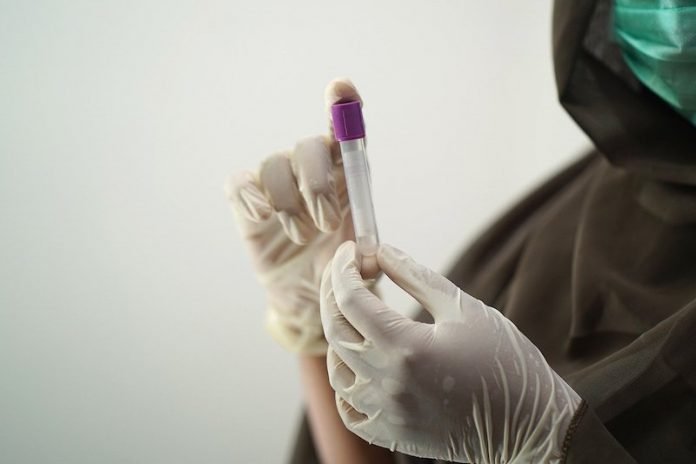
In a new study, researchers found that hormone drugs that reduce androgen levels may help disarm the coronavirus spike protein used to infect cells and stop the progression of severe COVID-19 disease.
They found how two receptors—known as ACE2 and TMPRSS2—are regulated by the androgen hormone and used by SARS-CoV-2 to gain entry into host cells.
Blocking the receptors with the drug Camostat and other anti-androgen therapies prevented viral entry and replication.
The research was conducted by a team at the University of Pennsylvania.
Camostat is a drug approved for use in Japan to treat pancreatitis that inhibits TMPRSS2.
Other anti-androgen therapies, including androgen deprivation therapy, used to treat prostate cancer, serve similar functions.
Driven by the disparity in COVID-19 rates between men and women, the cancer researchers sought to better understand the role androgen and its receptors played in infections, which has long been known to be a driver of prostate cancer.
In mice with strongly reduced androgen levels and cells treated with anti-androgen treatments, the researchers found little to no expression of TMPRSS2 and ACE2, suggesting both are regulated by the hormone.
They also observed how inhibiting TMPRSS2 with Camostat blocked priming of the spike for entry into cells.
That drug, as well as enzalutamide, an anti-androgen therapy used to treat prostate cancer, also blocked the virus’ entry into lung and prostate cells.
Combining these therapies, the team found, strongly reduced virus entry into cells.
The findings provide more insight into the molecular mechanisms of the virus but also support the use of anti-androgen therapies to treat COVID-19 infections.
They also support data showing increased mortality and severity of disease among men compared to women, who have much lower levels of androgen.
The study is published in Cell Press’s iScience. One author of the study is Irfan A. Asangani, Ph.D.
Copyright © 2021 Knowridge Science Report. All rights reserved.



